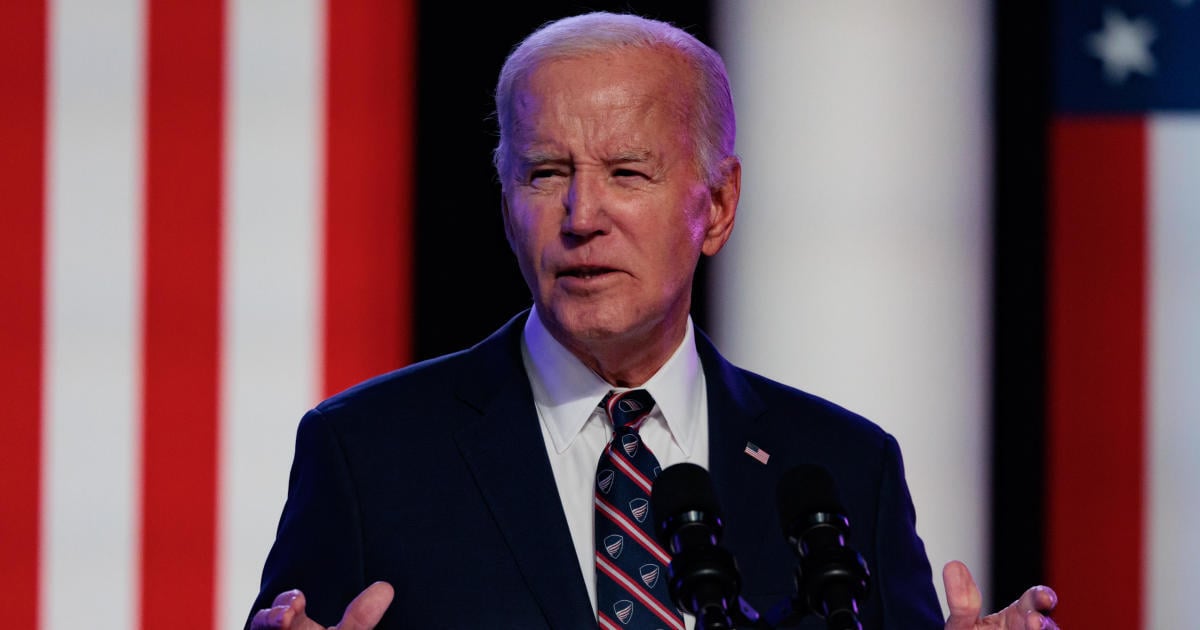President Biden announced Friday that his administration is forgiving $5 billion in student debt for another 74,000 borrowers, marking the latest round of debt cancellation since the Supreme Court voided the president’s student loan forgiveness program.
Mr. Biden said that of the borrowers who can receive relief, nearly 44,000 are teachers, nurses, firefighters and others who are eligible for forgiveness after working 10 years of public service. Almost 30,000 of those who will have their debt wiped clean have been repaying their loans for at least 20 years, but did not get the relief they earned through income-based plans, the president said.
With the latest round of student loan forgiveness, more than 3.7 million Americans have had their debt erased under the Biden administration, Mr. Biden said.



Before you can forgive $1.77 trillion, you need to forgive $136 billion.
Removed by mod
Medicare covers everyone over 65, not just orphans, widows, and people with disabilities.
The reason we didn’t have universal health care 80 years ago is that it wasn’t popular 80 years ago. Even today, support for single payer is shaky, depending on the details.
Removed by mod
Medicare was popular because it was specifically aimed at retired people.
It also did not pass under FDR. In fact, FDR thought health care was too controversial to include in his Social Security proposal.
Medicare had to wait until 1965, when it was signed by Lyndon Johnson.
Are you serious? There’s a big difference. Anything related to student loans already has a big hurdle in that it effects a segment of the population and not the entire population. For that reason, its not going to be the #1 issue for many voters. In situations like that, incremental progress is good because its not a prioritized issue simply due to numbers. It sucks but its true. The list of things we need to fix is huge. Things fewer people prioritize need any help they can get. Same reason enshrining abortion rights wasn’t a priority. People thought it was already settled law and were less likely to prioritize it if they weren’t personally effected.
In the case of healthcare it artifically created a similar problem, which was probably the intent. Giving some people healthcare makes them prioritize it less, which is why there hasn’t been much movement (though pretending nothing has changed is disingenuous, even requiring insurance companies to cover pre existing conditions is a big deal). It isn’t even a matter of individual voters being against giving other people healthcare despite having their own, though theres certainly some of that. Its about the fact that a voter is not likely to find a politician they agree with on every position. Let alone several for various offices. The things they are willing to compromise on disagreeing about will be things they prioritize less.